
Francesco Bonatelli (1830-1911) was a 19th-century Italian philosopher of the Roman Catholic spiritualist tradition.

Francesco Bonatelli (1830-1911) was a 19th-century Italian philosopher of the Roman Catholic spiritualist tradition.
Francesco Bonatelli was born in Iseo, Brescia, Italy on 25 April 1830. He first studied philosophy at the University of Vienna and later taught that subject at the universities of Bologna (1861–1867) and Padua (1867–1911). He was also one of the principal editors of Filosofia delle scuole italiane, a review founded in 1870 by Terenzio Mamiani which was dedicated to defending a Platonizing position. However, he resigned in 1874 when the Platonist Giovanni Maria Bertini published criticisms of Catholicism that Bonatelli considered too bold. He was responsible for the introduction the analytic method of German psychologists Johann Friedrich Herbart and Rudolf Hermann Lotze into Italy.
Bonatelli theorised on the nature of consciousness, trying to explain consciousness' capacity for free action while nevertheless being involved with mechanical and logical necessities. He placed Man at the center of his philosophical thought and defended Idealism against the philosophies of Positivism and Materialism that were growing in popularity in the 19th century.
He was a member of the Italian societies Accademia Nazionale dei Lincei and Accademia Galileiana di Scienze, Lettere ed Arti.
Bonatelli's grandson was the famous Italian philosopher Bernardino Varisco.
Bonatelli died in Padua, Italy on 13 May 1911.
Among his works are:

Padua is a city and comune in Veneto, northern Italy, and the capital of the eponymous province of Padua. The city lies on the banks of the river Bacchiglione, 40 kilometres west of Venice and 29 km southeast of Vicenza, and has a population of 214,000. It is also the economic and communications hub of the area. Padua is sometimes included, with Venice and Treviso, in the Padua-Treviso-Venice Metropolitan Area (PATREVE) which has a population of around 2,600,000.

Tommaso Campanella, baptized Giovanni Domenico Campanella, was an Italian Dominican friar, philosopher, theologian, astrologer, and poet.

Renaissance humanism was a worldview centered on the nature and importance of humanity, that emerged from the study of Classical antiquity. This first began in Italy and then spread across Western Europe in the 14th, 15th, and 16th centuries. During the period, the term humanist referred to teachers and students of the humanities, known as the studia humanitatis, which included the study of Latin and Ancient Greek literatures, grammar, rhetoric, history, poetry, and moral philosophy. It was not until the 19th century that this began to be called humanism instead of the original humanities, and later by the retronym Renaissance humanism to distinguish it from later humanist developments. During the Renaissance period most humanists were Christians, so their concern was to "purify and renew Christianity", not to do away with it. Their vision was to return ad fontes to the simplicity of the Gospels and of the New Testament, bypassing the complexities of medieval Christian theology.
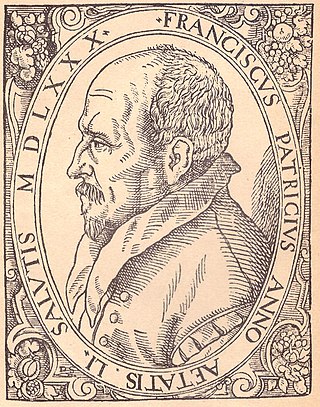
Franciscus Patricius was a philosopher and scientist from the Republic of Venice, originating from Cres. He was known as a defender of Platonism and an opponent of Aristotelianism.

Tullio Levi-Civita, was an Italian mathematician, most famous for his work on absolute differential calculus and its applications to the theory of relativity, but who also made significant contributions in other areas. He was a pupil of Gregorio Ricci-Curbastro, the inventor of tensor calculus. His work included foundational papers in both pure and applied mathematics, celestial mechanics, analytic mechanics and hydrodynamics.
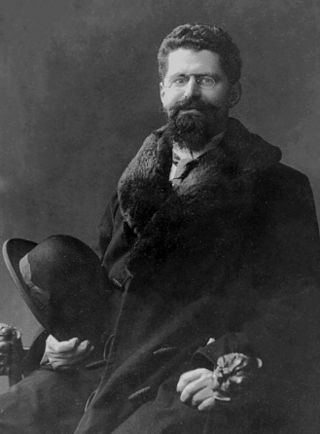
Francesco Severi was an Italian mathematician. He was the chair of the committee on Fields Medal on 1936, at the first delivery.

Giuseppe Ferrari was an Italian philosopher, historian and politician.

Francesco Zantedeschi was an Italian Catholic priest and physicist.

Francesco Maria Sforza Pallavicino or Pallavicini, was an Italian cardinal, philosopher, theologian, literary theorist, and church historian.

Fortunio Liceti, was an Italian physician and philosopher.

Appiano Buonafede (1716–1793) was an Italian priest and philosopher who published under the name Agatopisto Cromaziano.

Elena Lucrezia Cornaro Piscopia or Elena Lucrezia Corner, also known in English as Helen Cornaro, was a Venetian philosopher of noble descent who in 1678 became one of the first women to receive an academic degree from a university and the first to receive a Doctor of Philosophy degree.

Giovanni Bovio was an Italian philosopher and a politician of the Italian Republican Party.

Francesco Acri was an Italian philosopher and historian of philosophy.

Matteo Liberatore, SJ was an Italian Jesuit philosopher, theologian, and writer. He helped popularize the Jesuit periodical Civiltà Cattolica in close collaboration with the papacy in the last half of the 19th century.
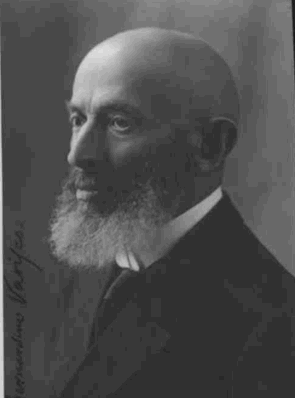
Bernardino Varisco, was an Italian philosopher and a professor of Theoretical Philosophy at the University of Rome La Sapienza from 1905 to 1925.
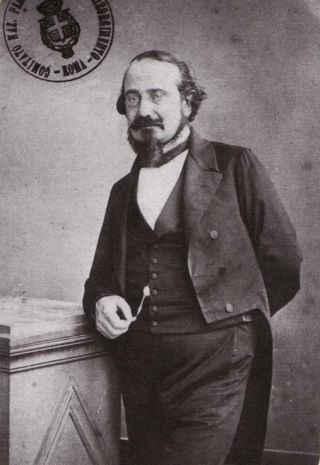
Bertrando Spaventa was a leading Italian philosopher of the 19th century whose ideas had an important influence on the changes that took place during the unification of Italy and on philosophical thought in the 20th century.
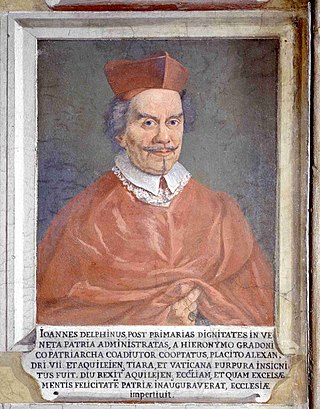
Giovanni Dolfin was an Italian Catholic Cardinal, writer and playwright, Patriarch of Aquileia from 1657 to his death.
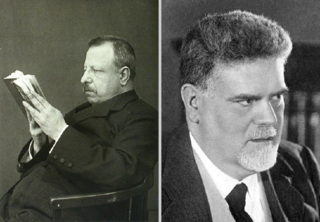
Italian idealism, born from interest in the German movement and particularly in Hegelian doctrine, developed in Italy starting from the spiritualism of the nineteenth-century Risorgimento tradition, and culminated in the first half of the twentieth century in its two greatest exponents: Benedetto Croce and Giovanni Gentile.
Enrico Berti was an Italian philosopher. He was professor emeritus of philosophy at the University of Padua.